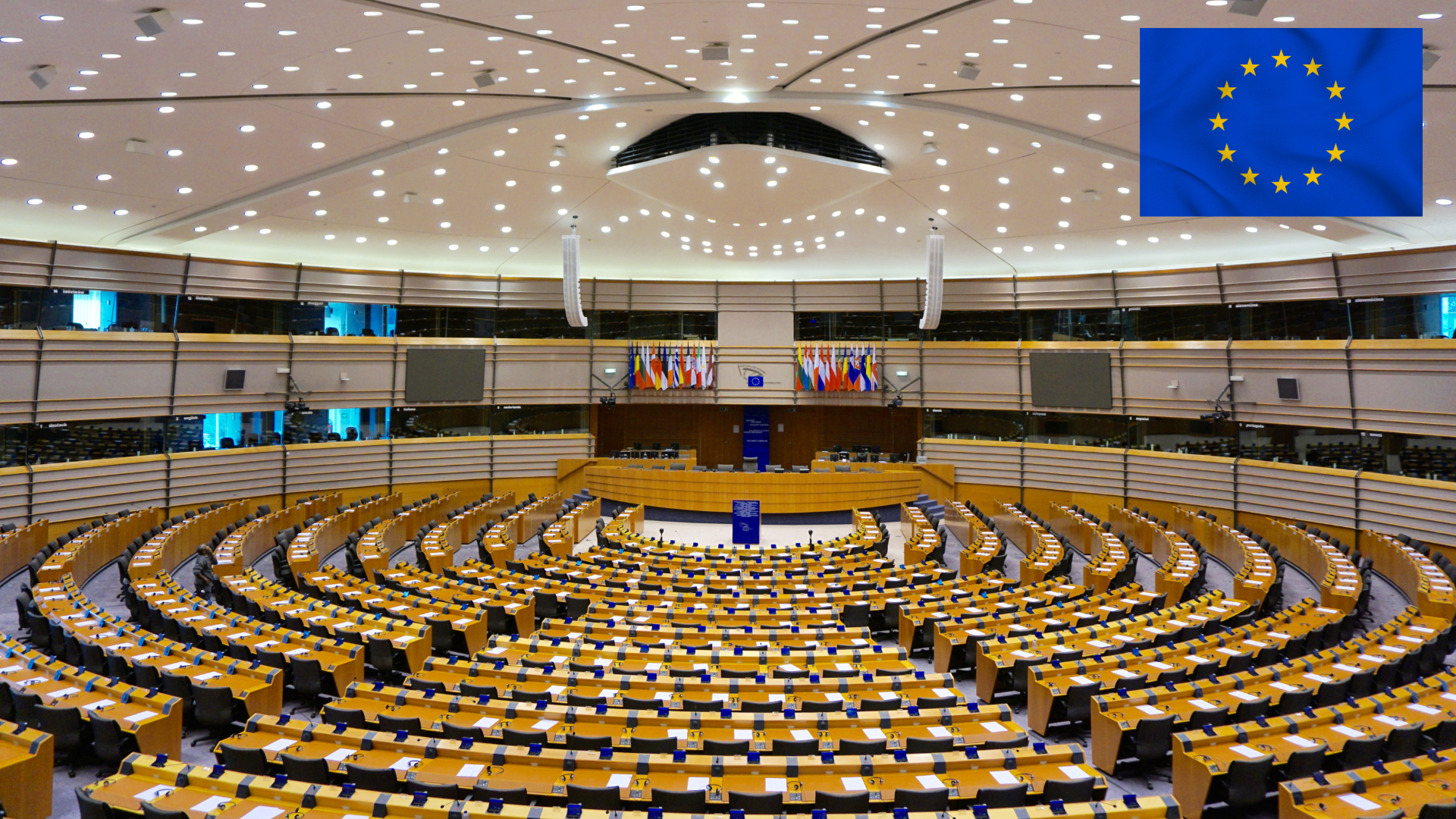The Energy Charter Treaty (ECT), which was signed in December 1994 and originally aimed to integrate the energy sectors of the successor states of the USSR and Eastern Europe into the global markets, is increasingly losing its significance. After 11 EU member states withdrew from the treaty prematurely, the European Parliament voted on 24 April 2024 to leave the ECT. The Parliament’s withdrawal vote was adopted by a large majority (560 votes in favor, 43 against and 27 abstentions).
The investment protection treaty focused on the energy sector and set out the framework conditions for investment protection, trade, and dispute settlement in the energy sector, among other things. In the past, the treaty has often been used by corporations in investment arbitration proceedings to act against new environmental and climate protection endeavors by certain governments. In 2009, for example, the Swedish energy company Vattenfall claimed almost 5 billion euros in damages from the Federal Republic of Germany due to the implementation of the nuclear phase-out. Similar lawsuits, e.g. in Spain and the Netherlands, substantiate the claims of numerous climate protection organizations that the Energy Charter Treaty is slowing down the climate transition and is not compatible with the Paris Agreement and the European Green Deal in its current form.
Furthermore, a previous analysis by the EU Commission did not see any legal basis for modernizing the outdated treaty, which would have been the decisive prerequisite for the EU to remain a party of the ECT (EUR-LEX “Proposal for a COUNCIL DECISION on the withdrawal of the Union from the Energy Charter Treaty”). The Court of Justice of the European Union (CJEU) had already ruled in September 2021 that intra-EU arbitration proceedings based on the Energy Charter Treaty are not compatible with Union law.
Sources: DIHK (in German), European Council






